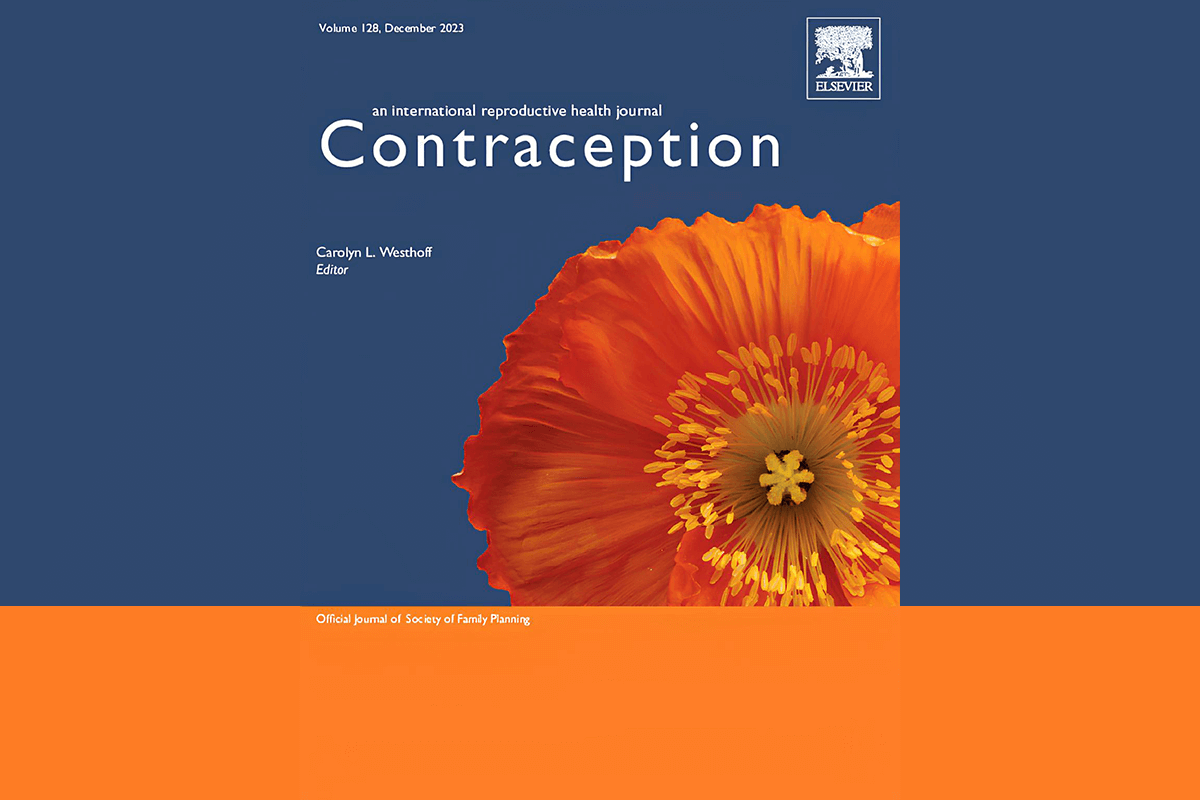
by D Dethier, ZJ Wong, T Ronquillo, R Soon, M Tschann
Contraception Journal 2023, 127, November 2023
Objectives: We aimed to compare characteristics, outcomes, responses to medication abortion (MA) follow-up questions, and frequency of unscheduled communications, visits, or interventions between MA at <6 weeks and at 6-8 weeks gestation.
Methods: All 140 patients who accessed medication abortion at <6 weeks in our Honolulu, HI clinic in 2022 were included. We compared a random sample of 203 patients seen in the same clinic at 6-8 weeks in 2022 to detect a 7% difference in abortion success per MARE guidelines with 80% power. Abortion history, outcomes, follow-up visit responses, and abortion-related healthcare communications were recorded. Descriptive statistics, chi-square and t-tests were used for statistical analysis.
Results: There were no differences in demographics between the <6-week and 6-8-week groups, except mean age (29.6 vs 27.8, p=0.02). Patients <6 weeks gestation less commonly had an ultrasound before their abortion (48% vs. 64%, p=0.004). Abortion success rates were similar (94.3% vs. 97%, p=0.2). Those <6 weeks had more unscheduled healthcare interactions, 28.6% vs. 19.1%, p=0.041), including higher frequency of unscheduled office visits (14.3% vs. 5.9%, p=0.009).More patients in the <6-week group answered that bleeding and cramping were not heavier/worse than a period (10.7% vs. 3.5%, p=0.043; 13.3% vs. 3.5%, p=0.011) and that they did not have pregnancy symptoms prior to the abortion (16.7% vs. 6.5%, p=0.026).
Conclusions: In our sample, patients who had a medication abortion at <6 weeks had similar abortion outcomes but more unplanned interactions with the healthcare system compared to those at 6-8 weeks. Successful medication abortion at earlier gestations may not have the expected answers to standard follow-up questions.



